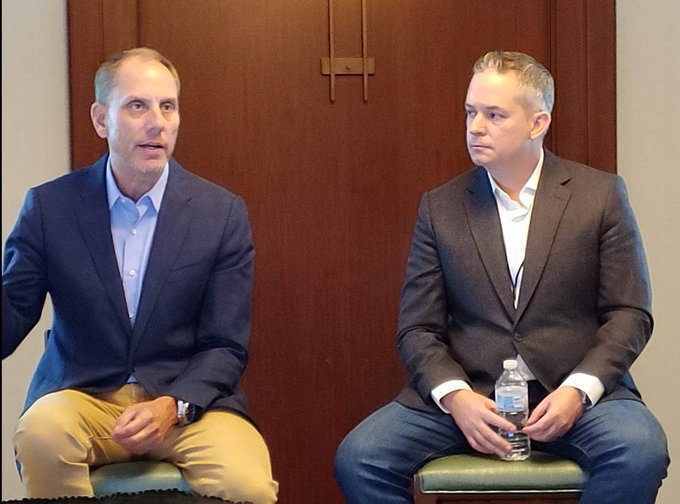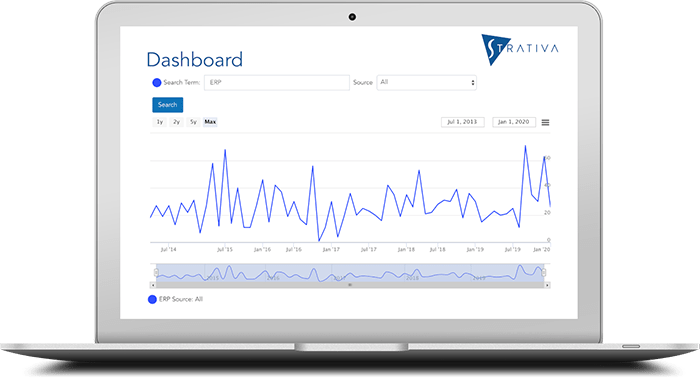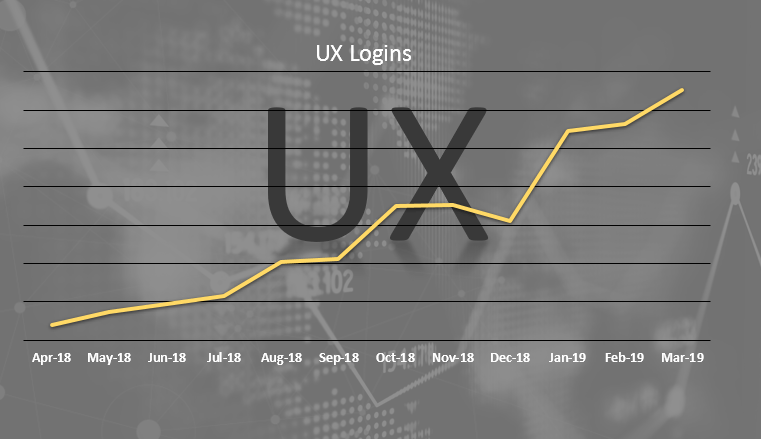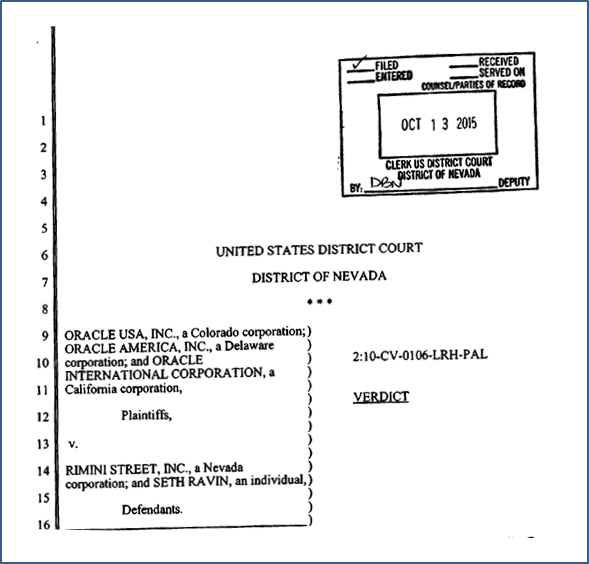
When does the relationship between two tech vendors look like a merger but is not actually a merger? For all intents and purposes, that’s exactly what just happened with two players in the enterprise resource planning (ERP) industry, Acumatica and IFS. This post outlines the deal and what it means for buyers and customers of Acumatica and IFS.










